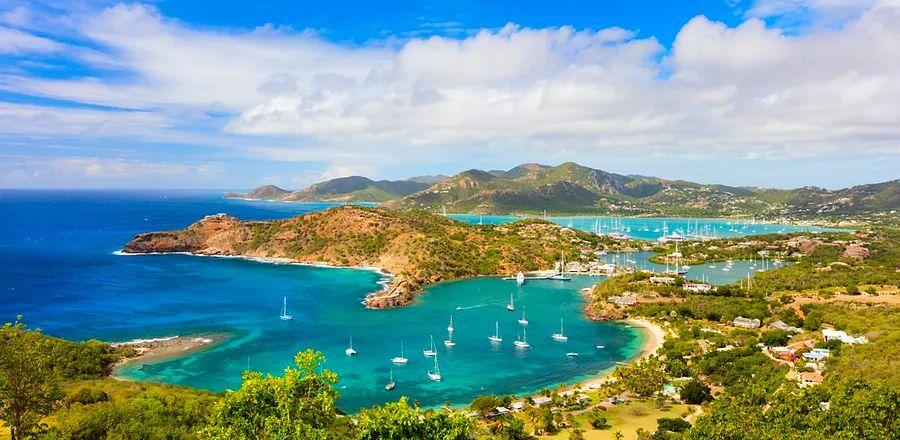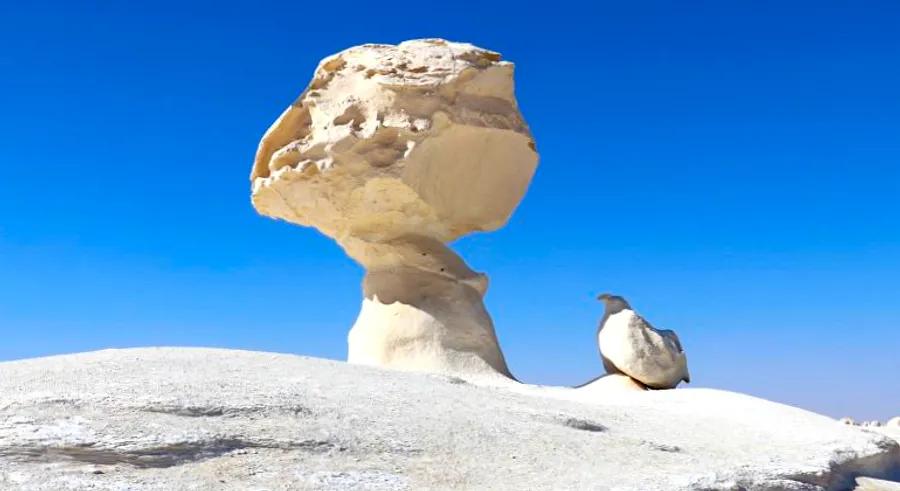Not Every Nation Holds the Same Weight. Can "Climate Justice" Address the Imbalance?

This summer marked a new peak in global temperatures for the second consecutive year, positioning 2024 to become the hottest year on record. Wildfires have ravaged communities worldwide, from California to Greece. Concurrently, hurricane season has unleashed its fury on the Caribbean and parts of the United States and Mexico. Recently, Hurricane Helene caused extensive damage in North Carolina, Florida, Tennessee, and Georgia, while earlier this year, Hurricane Beryl struck several islands, including Grenada, Barbados, and St. Vincent and the Grenadines, which heavily depend on tourism for their economies.
In this pressing situation, tourism leaders worldwide are advocating for a more sophisticated and immediate response to climate change.
"Beyond the social, ethical, and environmental reasons to take action, travel and tourism businesses must also consider the effects on their operations," stated leaders in a report titled "Climate Justice in Tourism,” released in mid-August. The authors highlighted that the climate crisis affects everyone within the travel and tourism sector, from locals and tourists to tourism enterprises.
Ultimately, the travel industry provides livelihoods for nearly one in ten individuals and accounts for around ten percent of the global GDP. With climate change jeopardizing the infrastructure of beloved destinations, along with the natural and cultural treasures they represent, these communities' economies are in jeopardy.
Developed in partnership with the Travel Foundation, University of Waterloo, Tourism Cares, the Center for Responsible Travel (CREST), and Cuidadores de Destinos, and backed by Expedia Group, this report aims to be a foundational resource for medium and large travel companies. It presents a strategic approach to combat global warming through the lens of climate justice, highlighting the primary contributors to greenhouse gas emissions.
What does climate justice mean?
At its heart, climate justice prioritizes equity in addressing the climate crisis. It emphasizes empowering the communities most affected, who are frequently the least responsible for greenhouse gas emissions.
The report clarifies that specific groups, notably large corporations and affluent nations, are significant polluters, yet it is the smaller, resource-limited countries that bear the brunt of the fallout. For instance, Caribbean nations are increasingly facing hurricanes, while rising sea levels jeopardize communities in places like Fiji and Panama. The report contends that these nations are often excluded from discussions on strategies to confront climate change and its impacts.
"For us, the focus is on adaptation rather than mitigation, as we do not contribute as much to greenhouse gas emissions as developed nations," stated Dr. Adelle Blair, Sustainable Tourism Officer for Antigua and Barbuda, in an email. "While the major greenhouse gas emitters recognize their responsibility, they often take minimal action to alleviate the effects."
One of her greatest concerns is "that our beaches may disappear due to rising sea levels and coastal erosion. Our hotels could suffer significant adverse effects from the increasing frequency of hurricanes, diminishing [their] resilience."
Dr. Blair suggests that "the developed nations accountable for human-induced climate change" should provide compensation to Small Island Developing States (SIDS) for any investments made in adaptation strategies. SIDS refers to a collection of 39 countries globally, along with 18 associate members of the United Nations, that face unique vulnerabilities due to their size and economic status.
Jamaica’s Minister of Tourism, Edmund Bartlett, concurs that nations with the highest emissions must enhance their efforts, while his country will persist in promoting sustainable practices. "They hold immense responsibility and influence to enact meaningful changes in the battle against climate change," he expressed in an email. "By cutting greenhouse gas emissions and boosting renewable energy, recycling initiatives, sustainable agriculture, and overall education on sustainable methods, these nations can guide us toward a successful journey of recovery and resilience in addressing climate change."
What actions can be taken?
Although developed countries with significant carbon footprints can implement some of the most impactful changes in the climate crisis, the report asserts that travel companies in vulnerable areas can also contribute to the solution. In this regard, the authors emphasize businesses that have already adopted climate justice principles, serving as models for further change and advancement.
In Oklahoma, a collective of community activists has established a "toxic tour" along Route 66 to inform visitors about the effects of lead and zinc mining, particularly on the Quapaw Tribal Nation. Meanwhile, in Cairns, Australia, Dreamtime Dive and Snorkel takes diving enthusiasts to the Great Barrier Reef, incorporating traditional Indigenous views on the reef's cultural significance. In both instances, the operators aim to enlighten travelers about the impacts of climate change.
The report provides various recommendations for individual tourism businesses, promoting sustainable practices across all areas, from operations and supply chain to product development and community involvement. It also outlines how the travel industry can address climate change on a broader, more cooperative level. Suggestions include incentives for investing in and promoting sustainable products, a levy for frequent flyers, and the establishment of an international fund to bolster resilience in the most vulnerable communities.
"The tourism sector possesses a remarkable capacity for recovery and economic growth, particularly when united," stated Bartlett, a long-time proponent of initiatives akin to those in the climate justice report. He asserts that a collaborative global effort and funding will ensure that vulnerable communities "are not only ready for future crises but also empowered to utilize tourism as a means of sustainable development."

1

2

3

4

5
Evaluation :
5/5